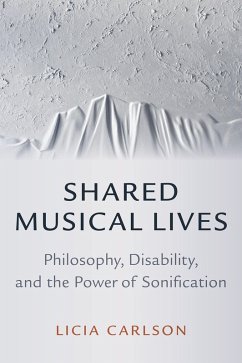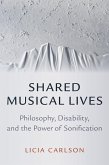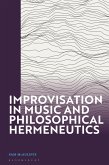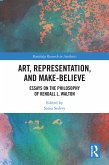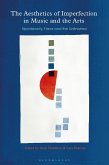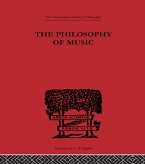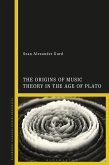Shared Musical Lives makes the case for the epistemological and ethical significance of musical experience. Music can be a source of self-knowledge and self-expression, and hence reveal important dimensions of the self to others. This knowledge?of both self and of others?has a moral force as well. Shared musical experience can transform and establish new modes of being with others, cultivate virtues, and expand the moral imagination. The term sonification (which means translating data into non-verbal audible tones) provides an organizing principle for the arguments in the book. Transposing the concept into a philosophical key, this book explores two forms of sonification: first, the process by which musical experience reveals dimensions of the self and relationships with others; and second, philosophical sonification, or the critical examination of philosophical concepts, arguments, and theories in view of what musical experience reveals. These two kinds of sonification are discussed specifically in the context of disability. In this book, author Licia Carlson brings the musical lives of people with cognitive and intellectual disabilities into the foreground in order to challenge and broaden existing conceptions of disability and music and provide new ways of thinking about the philosophies of music and disability.
Dieser Download kann aus rechtlichen Gründen nur mit Rechnungsadresse in A, B, BG, CY, CZ, D, DK, EW, E, FIN, F, GR, HR, H, IRL, I, LT, L, LR, M, NL, PL, P, R, S, SLO, SK ausgeliefert werden.

